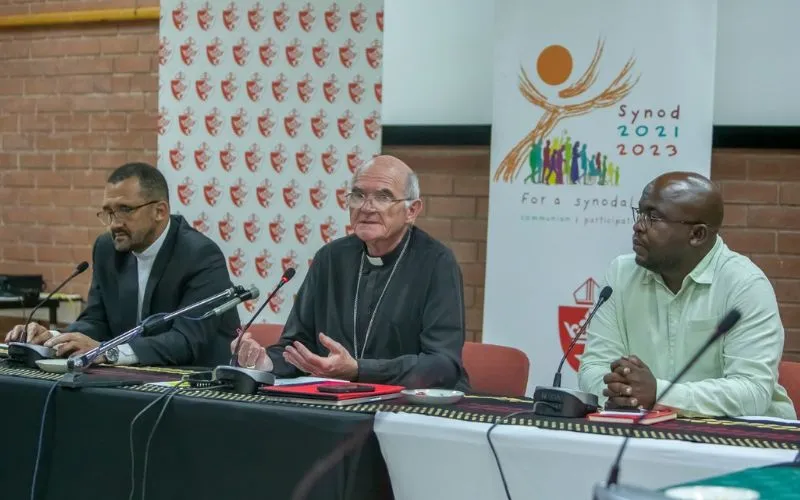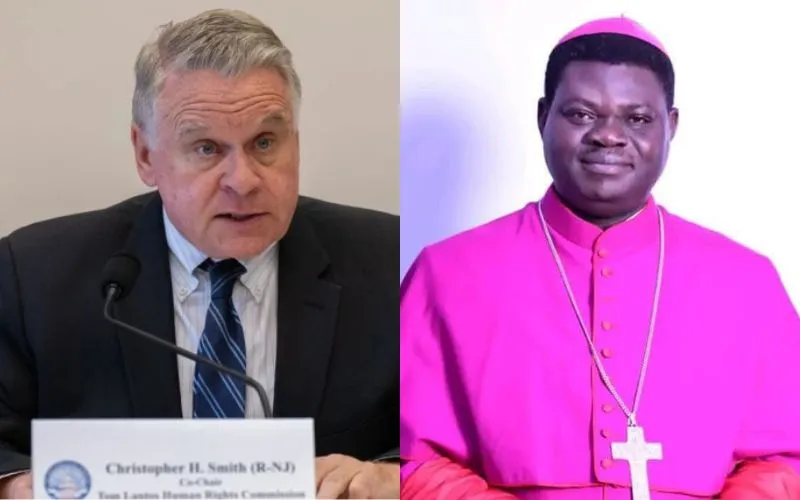In the two-page statement, SACBC members highlight other issues they deliberated upon during their Plenary at their headquarters, Khanya House in South Africa’s Pretoria Archdiocese, under the theme, “Synodality”.
In their reflections on spirituality and faith formation, for instance, the Catholic Church leaders “resolved that recently ordained priests be encouraged to be actively involved with and participate in the program organized for their ongoing formation.”
They also deliberated on the ongoing formation of the Laity, “especially in terms of a missionary spirituality as envisaged by the Synod on Synodality, through the existing sodalities and processes of parishes.”
In their deliberations, SACBC members also agreed on the need to “provide new opportunities for priests, Religious and laity in their formation, and Catholic Education.”
Reflections on Synodality revolved around two aspects: How can we be a synodal Church in mission? And how can we enhance the differentiated co-responsibility in the mission of all the members of the People of God?
“The Bishops are to finalize a report by the end of April which is to be sent to Rome by May 15,” the January 30 statement indicates, referring to the responses to the two aspects of Synodality.
In preparation for the general elections in South Africa, Cardinal Brislin told journalists during the January 30 press conference that during the Plenary, SACBC members emphasized the fact that “the Church is called to proclaim the Good News and to be a source of hope to people among all the serious challenges facing the country; however, it cannot offer false hope.”
“A Pastoral Letter will be issued to the country encouraging those who are entitled to vote, to vote and to vote according to their consciences and informed by Catholic Social Teaching,” the Archbishop of Cape Town in South Africa, who was among the 21 Church leaders created Cardinals at the last September 30 Consistory in St. Peter’s Square said.
Silas Mwale Isenjia is a Kenyan journalist with a great zeal and interest for Catholic Church related communication. He holds a Bachelor’s Degree in Linguistics, Media and Communication from Moi University in Kenya. Silas has vast experience in the Media production industry. He currently works as a Journalist for ACI Africa.








